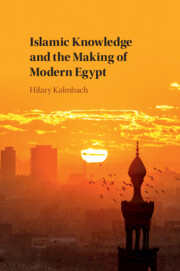
- Cited by 5
-
Cited byCrossref Citations
This Book has been cited by the following publications. This list is generated based on data provided by Crossref.
Rock-Singer, Aaron 2022. The Rise of Islamic Society: Social Change, State Power, and Historical Imagination. Comparative Studies in Society and History, Vol. 64, Issue. 4, p. 994.
Ketchley, Neil Brooke, Steven and Lia, Brynjar 2022. Who Supported the Early Muslim Brotherhood?. Politics and Religion, Vol. 15, Issue. 2, p. 388.
Singer, Aaron Rock 2022. Salafi Piety: A Story of Radical Rupture. Political Theology, Vol. 23, Issue. 7, p. 711.
Dayeh, Islam 2023. Arab Berlin. p. 263.
Hatina, Meir 2024. Why Am I an Atheist?. Comparative Studies of South Asia, Africa and the Middle East, Vol. 44, Issue. 1, p. 34.
- Publisher:
- Cambridge University Press
- Online publication date:
- October 2020
- Print publication year:
- 2020
- Online ISBN:
- 9781108526142
- Subjects:
- Middle East Studies, Islam, Area Studies, History, Religion, Middle East History


